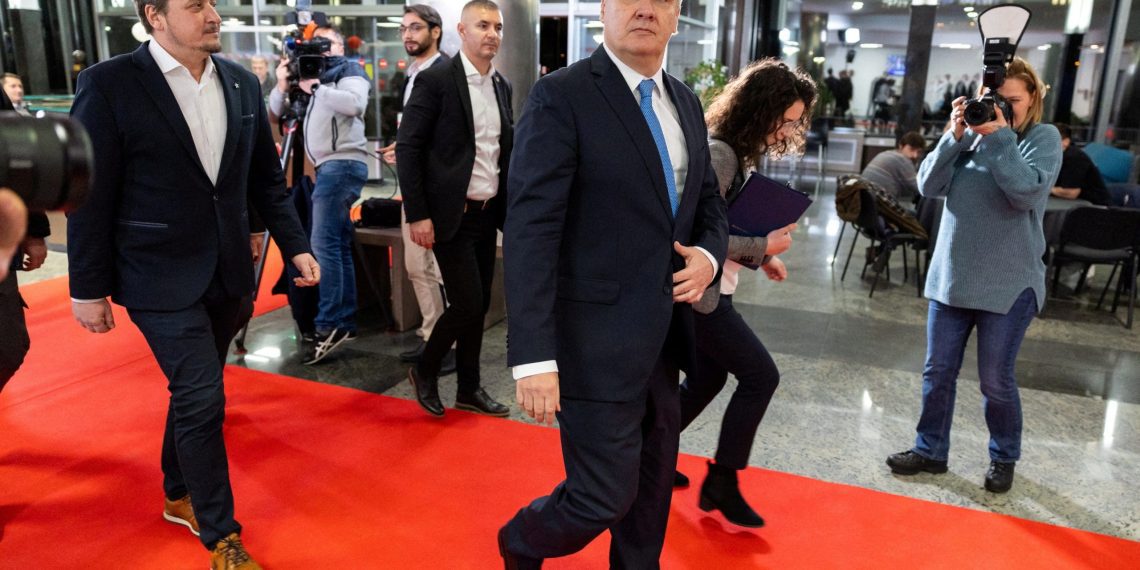Russian bot networks have been accused of meddling in Croatia’s presidential election, amplifying anti-NATO and pro-Kremlin narratives to support incumbent President Zoran Milanović. The Centre for Information Resilience (CIR), a London-based nonprofit focused on exposing disinformation, published a scathing report detailing the alleged manipulation.
Pro-Kremlin Campaign Unveiled
According to CIR, bot networks promoting pro-Russian, anti-EU, and anti-NATO propaganda flooded social media platforms like Facebook and X (formerly Twitter) during the election’s first round on December 29. These inauthentic accounts churned out content endorsing Milanović, who has frequently criticized Western alliances and voiced opposition to sending Croatian troops to Ukraine or supporting sanctions on Russia.
One such Facebook account, identified as part of the bot network, posted over 100 times a day, primarily targeting Milanović’s opponent, Dragan Primorac, while lavishing praise on the incumbent president.
Milanović’s Controversial Stance
Milanović, a member of the Social Democratic Party, has served as Croatia’s president since 2020. Known for his populist and anti-Western rhetoric, he has drawn comparisons to U.S. President-elect Donald Trump. His criticism of NATO, the European Union, and military aid to Ukraine aligns with pro-Kremlin talking points, making him a natural beneficiary of Russian interference.
Despite gaining just under 50 percent of the vote in the first round, Milanović failed to secure an outright victory. He now faces a January 12 runoff election against Dragan Primorac of the ruling Croatian Democratic Union, a pro-NATO candidate.
Tactics Echo Romanian Election Meddling
The CIR report draws parallels between the Croatian election interference and a similar operation during Romania’s presidential election in November 2024. In that instance, Russian-backed bots were found to have propelled Călin Georgescu, an ultranationalist and pro-Russia candidate, into a shocking first-round victory. Romanian courts later annulled the results, citing evidence from declassified intelligence documents of a Russia-backed disinformation campaign on TikTok.
Timing of Interference
The CIR report highlights two distinct waves of bot activity targeting the Croatian election:
- Post-Milanović’s Anti-Ukraine Troop Statement: Bots amplified his stance, portraying him as a defender of Croatian sovereignty.
- Post-First Round Voting: Accounts intensified their attacks on Primorac and shared pro-Milanović content.
These operations align with broader Kremlin efforts to undermine Western unity, particularly in NATO-aligned countries.
Implications for Croatia and Beyond
As Croatia braces for its January 12 runoff election, the interference underscores the growing sophistication of Russian disinformation campaigns. By exploiting political divides and amplifying anti-Western sentiment, these efforts aim to destabilize democratic institutions across Europe.
The CIR report calls for increased vigilance in combating foreign interference, particularly as Russia refines its strategies in electoral manipulation.









